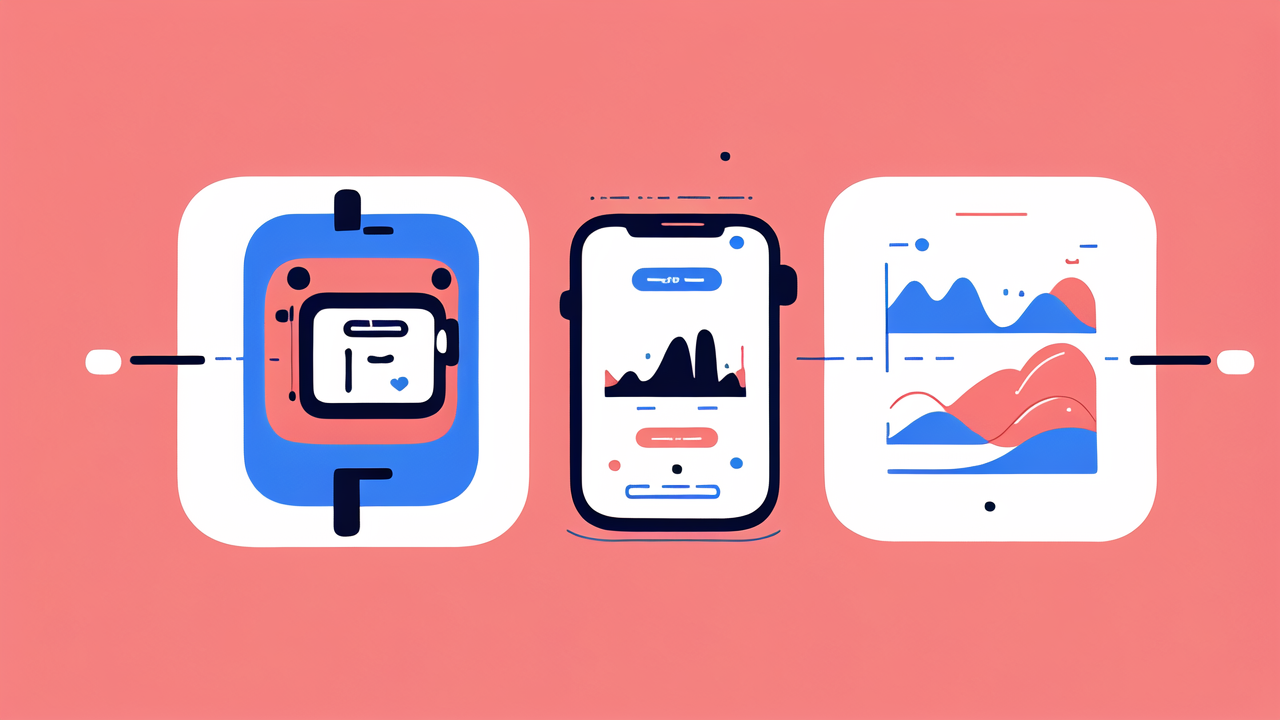Understanding Pulse Oximeters: Role and Importance
The Fundamentals of Pulse Oximetry
Pulse oximetry is a non-invasive test used to measure blood oxygen levels. It uses light beams to estimate the oxygen saturation in blood. Oxygen saturation, or SpO2, is vital to check a person's respiratory health. The process is quick, painless, and can be done without needles. Simply put, a sensor called a 'pulse oximeter' is clipped onto a body part, typically a finger. It helps detect early signs of oxygen shortage, which could signal health issues. Pulse oximetry is important for those with respiratory or cardiac concerns. It also benefits athletes and those at high altitudes to ensure adequate oxygenation. In essence, it's a simple yet crucial tool for monitoring vital health indicators.

Why Pulse Oximeters are Essential for Health Monitoring
The pulse oximeter is key for health tracking. It shows how well blood is oxygenated. This can flag health issues early. Patients with heart or lung conditions rely on them. Athletes also use them to boost performance. They're a non-invasive tool for vital sign checks.
Analyzing Apple Watch Series: Pulse Oximeter Integration
From Series 2 to Series 5: Evolution of Health Features
As technology advances, so do the health features in Apple Watches. The Series 2 kick-started this journey with basic health tracking. It monitored heart rate and activity. Series 3 introduced improved heart rate alerts. Series 4 made a leap with its ECG capability. Each model prepared the stage for the next. Finally, the Series 5 brought a complete health monitor suite. It included an always-on display and international emergency calling. Despite this evolution, a built-in pulse oximeter was not present. It wasn't until the later Series 6 that Apple incorporated this feature. This shift towards advanced health monitoring marked a new era for wearable tech. It took aim at a more proactive, health-conscious user base.
Comparing Apple Watch Models: Pulse Oximeter Availability
When considering the Apple Watch models, it's key to compare their health capabilities. Apple integrated a pulse oximeter first in the Series 6. This feature measures blood oxygen saturation. Series 6 and later models, including SE and Series 7, offer this vital health tool. Earlier versions, from Series 2 to 5, lack a built-in pulse oximeter. They focus more on heart rate monitoring and general fitness. This comparison helps users decide based on health tracking needs. Series 6 and newer cater to those wanting comprehensive wellness data.
Legal and Regulatory Perspectives in the United States
The FDA's Approval of Pulse Oximeters in Wearable Devices
Every new medical device in the U.S. needs FDA approval. The same goes for pulse oximeters in wearable tech. These gadgets must be safe and reliable for consumers. The FDA checks that they meet specific criteria. This ensures they provide accurate health data. Apple Watches with pulse oximetry features underwent this strict process. They passed rigorous tests to get FDA clearance. The FDA's nod means these devices can be trusted for monitoring oxygen levels. It's a big step for consumer health tech. It makes high-level health tracking more widespread and accessible.
Compliance and Safety Standards for Pulse Oximeters in Consumer Products
In the United States, pulse oximeters in consumer products like the Apple Watch must meet specific standards. The ISO 80601-2-61:2017 specifies accuracy within 4% for levels between 70%-100% SpO2. Consumer Affairs insists devices warn users that they're not for medical diagnosis. Manufacturers must thus balance user safety with practical functionality. The goal is to offer reliable data while ensuring that consumers do not misinterpret the information. Compliance ensures that pulse watches, including those in Apple Watches, are both helpful and safe.




Leave a comment
This site is protected by hCaptcha and the hCaptcha Privacy Policy and Terms of Service apply.